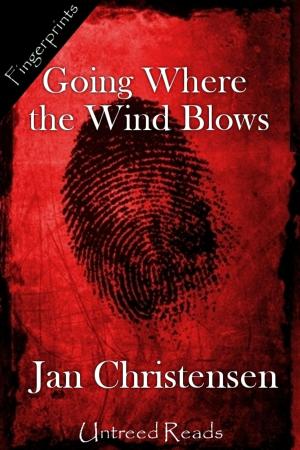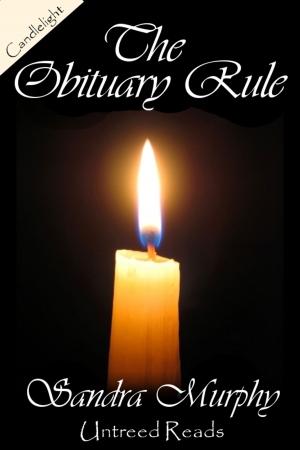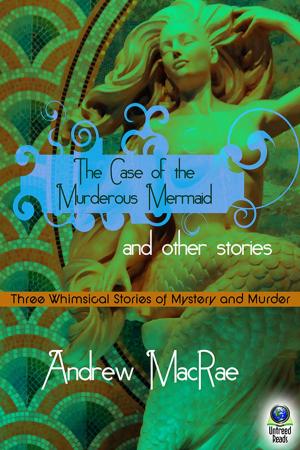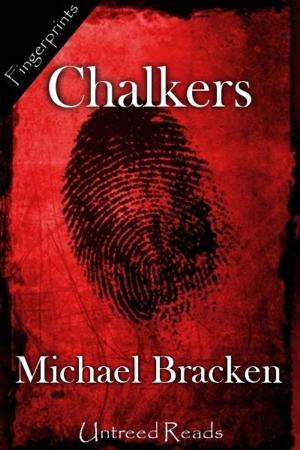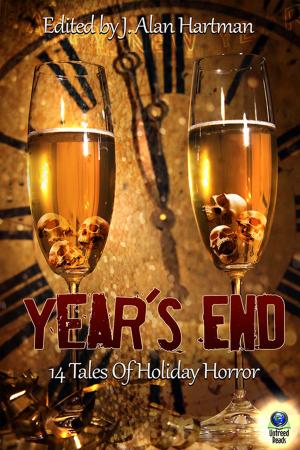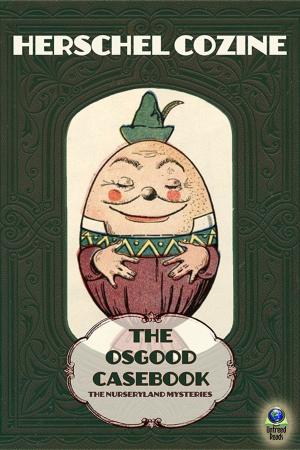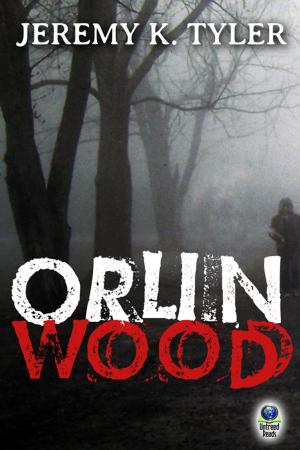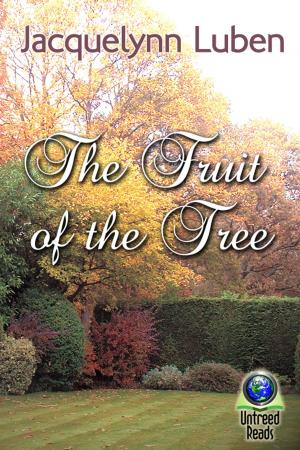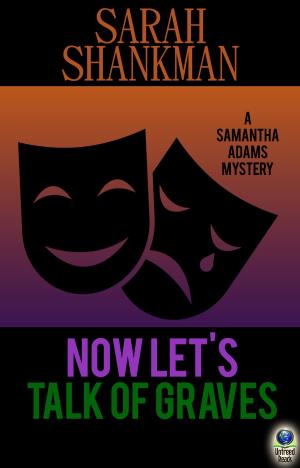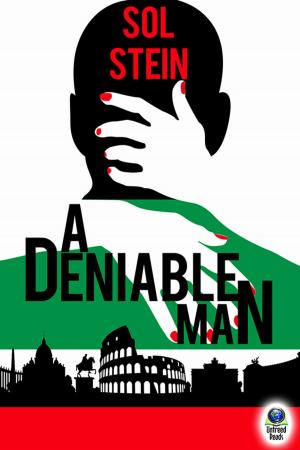What Don't Kill Me Just Makes Me Strong
Nonfiction, Entertainment, Music, Biography & Memoir, Entertainment & Performing Arts| Author: | Stewart Francke | ISBN: | 9781611875805 |
| Publisher: | Untreed Reads | Publication: | July 9, 2013 |
| Imprint: | Language: | English |
| Author: | Stewart Francke |
| ISBN: | 9781611875805 |
| Publisher: | Untreed Reads |
| Publication: | July 9, 2013 |
| Imprint: | |
| Language: | English |
What Don't Kill Me Just Makes Me Strong is a survival memoir that recounts Stewart Francke's remarkable journey through leukemia and a bone marrow transplant, complications and recovery. Understanding he is, as a survivor, part of the "lucky unlucky," Francke finds the silver lining in his struggle and then some. Each chapter begins with guides to survival--through any adversity, not just cancer. These informed aphorisms lend What Don't Kill Me a spiritual dimension, making it both literary memoir and a guide to living. As a young father and renowned musician, Francke describes the relationships with his family, friends, medical team and muse with poignant detail, humor and love. He ultimately comes to treat each breath as a gift and grows to understand that a life in service to others is a life lived with true purpose. The trip from initial biopsy to full recovery is often horrific, but Francke writes as an unflinching advocate for his own condition, and comes to understand that both surrender and faith are choices. He continually chooses the latter, and finds only death is irrevocable. All else either makes us stronger or can be learned to live with. Although this is a somewhat singular journey through illness, faith and family, Francke makes it everyone's story.
What Don't Kill Me Just Makes Me Strong is a survival memoir that recounts Stewart Francke's remarkable journey through leukemia and a bone marrow transplant, complications and recovery. Understanding he is, as a survivor, part of the "lucky unlucky," Francke finds the silver lining in his struggle and then some. Each chapter begins with guides to survival--through any adversity, not just cancer. These informed aphorisms lend What Don't Kill Me a spiritual dimension, making it both literary memoir and a guide to living. As a young father and renowned musician, Francke describes the relationships with his family, friends, medical team and muse with poignant detail, humor and love. He ultimately comes to treat each breath as a gift and grows to understand that a life in service to others is a life lived with true purpose. The trip from initial biopsy to full recovery is often horrific, but Francke writes as an unflinching advocate for his own condition, and comes to understand that both surrender and faith are choices. He continually chooses the latter, and finds only death is irrevocable. All else either makes us stronger or can be learned to live with. Although this is a somewhat singular journey through illness, faith and family, Francke makes it everyone's story.


